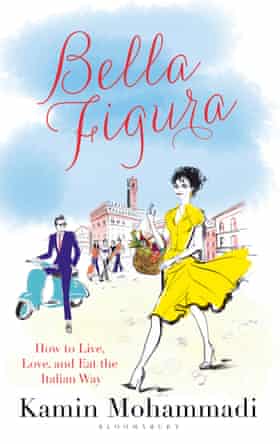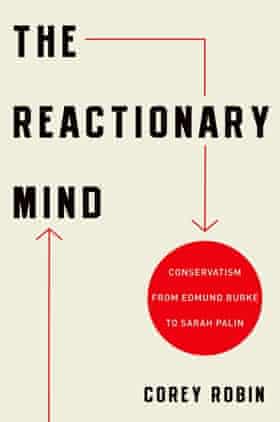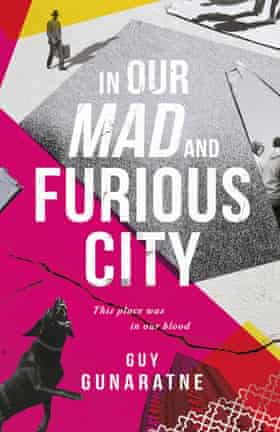 |
| Taiye Selasi |
Taiye Selasi

Uprooting her life, London-based Kamin Mohammadi relocated to bucolic Florence. Her glorious memoir Bella Figura is witty, intelligent and heartfelt in equal measure and will delight anyone dreaming of a summer holiday – or a brand new life – in Italy.
Recently optioned to become a film, Katja Meier’s timely memoir Across the Big Blue Sea: Good Intentions and Hard Lessons in an Italian Refugee Home avoids easy sentiment in favour of honesty and humour. The African women we meet at this Tuscan refugee home are fierce, scared, brave, vulnerable — triumphant yes, but human too. A beautifully complex account.
And finally, I cannot heap enough praise upon Freshwater, a daring, sexy debut. Raw and lyrical, Akwaeke Emezi’s semi-autobiographical narrative takes on sexuality, spirituality, family and more — all with a clarity that belies her 30 years.
Will Self
I basked in the interwar twilight of Cressida Connolly’s After the Party (Viking). The novel a beautifully written evocation of the era, and the woolly self-absorption of its party-going protagonist. However, it’s also a pitiless exercise in ideological revelation, as it becomes clear that the party in question doesn’t feature dancing until dawn and a sumptuous breakfast buffet, but men and women wearing black shirts, who greet each other with fascist salutes. In a year that’s seen bigotry of all kinds on the rise, and the storm clouds of nationalist intolerance gathering on the near horizons of Europe, Connolly’s novel achieves the rare feat of at once summoning that foreign country, the past, then returning us, uncomfortably, to a contemporary Britain with a burgeoning fatherland complex.
 |
| Elif Shafak Photograph: Adrian Sherratt |
Elif Shafak

I have just finished reading The Reactionary Mind (Oxford) by Corey Robin. So many writers and thinkers today, East and West, are questioning the rise of conservatism, populism and tribalism. What makes Robin’s book extraordinary is the long-term pesrpective he introduces in this book. Robin shows that Trump is not a break from the conservative tradition, in fact, he is the fulfilment of a tradition that goes all the way back to Edmund Burke and his reaction to the French Revolution. It is a deeply thought-provoking book with utmost clarity and astonishing depth.
What struck me about Neel Mukherjee’s novel A State of Freedom (Vintage) was the mesmerising complexity and the sharpness mixed with compassion and empathy. All the stories are beautifully written, and while they remain semi-independent, they are also subtly interconnected. Long after I finished it I realized the characters were still with me, vivid, compelling, haunting.
Janesville: An American Story (Simon & Schuster) by Amy Goldstein is incredibly well-researched, empathetic and moving. Political experts and pundits talk about “the American working class” all the time, making massive generalisations without paying much attention to individual stories, but this book is extraordinary in the way it sheds light on an industrial town in America’s heartland by masterfully combining analysis and storytelling.
Kamila Shamsie
I’ve already read Tishani Doshi’s poetry collection Girls Are Coming Out of the Woods (Bloodaxe) but I know I’ll return to it many times. One of the poems talks about poets ‘holding the throat of life/ till all the sunsets and lies are choked out/ till only the bones of truth remain’ - that’s precisely what Doshi does in this intelligent, elegant, unflinching collection. It’s very much a collection for this moment in history, but one that will endure long past it.
The publishing house And Other Stories has committed to making 2018 a Year of Publishing Women – I’m planning to work my way through their entire list for the year over the summer. First up: Fleur Jaeggy’s Sweet Days of Discipline, translated by Tim Parks. It is set in a boarding school in postwar Switzerland, the opening pages are spare and beautiful, with an intriguing darkness.
Ali Smith

This summer the book I’m telling anyone who asks me about is Guy Gunaratne’s In Our Mad and Furious City (Tinder), a novel that’s a piece of communal vitality, choral in its urgency, one that squares up to the history of division, makes contemporary disjuncture come alive on the page, doesn’t flinch, and demands change right now. The book I’ll take with me on holiday is Michael Ondaatje’s Warlight. I love his writing, I wait for his books.
Colm Tóibín
Now that America has come to seem so unsettled and so strange, two books help us to become more alarmed. One is Michèle Mendelssohn’s Making Oscar Wilde (Oxford). It charts the early rise of Wilde, with special attention to how, during the 1880s, his lecture tours in America, a country beguiled by novelty and in need of excitement, made his name. As long as it was new, it seemed, America wanted it. Rachel Kushner’s The Mars Room is set in the American prison system, but manages to be a novel with its own worldview and its own textures, as much as a chronicle of a system that holds more prisoners per head of population than any other country in the world. On a more uplifting note, there is a wonderful doorstopper called Gillian Ayres (Art/Books), with a text by Martin Gayford and David Cleaton-Roberts and examples of Ayres’s work that will lift your heart.
Matthew Walker
Do you want to understand yourself? To understand why you say and do what you do? To know why you, and the rest of our human race, are capable of paradoxical extremes, from compassion to cruelty (even within minutes of each other)? With humour, sublime insight and supportive data, Robert Sapolsky serves up all the answers in Behave, his gem of an explanatory masterpiece.
Many of us feel that an occasional lie is fine, perhaps when trying to protect someone’s feelings, or when pressured to maintain political correctness. Lying by Sam Harris is a timely, well-reasoned treatise exposing how wrongheaded such beliefs are. It proves out the lack of utility in lying, in any scenario. Yet, that is not the reason I prescribe this book. Rather, it is the palpable sense of liberation and relief that you will feel when you practice what Harris preaches. Such is the truth about lying.


No comments:
Post a Comment